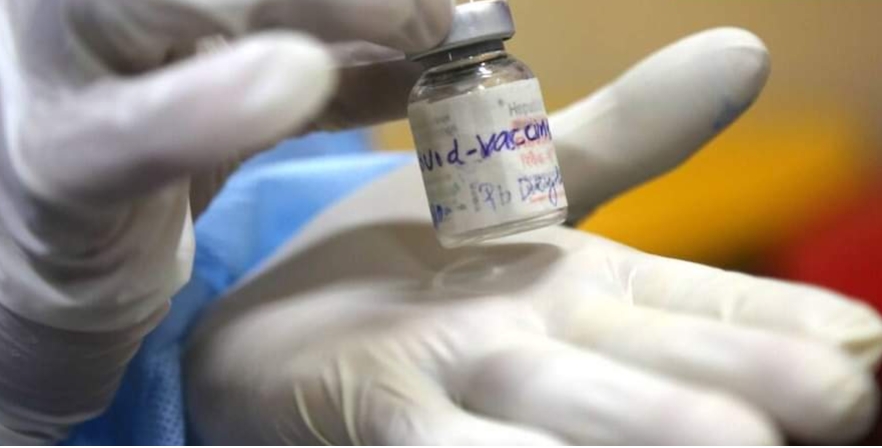Delay after hospitalisation
Srinagar, Jan 29 (KINS): The Health Ministry on January 14 circulated a note on precautions and contraindications (reasons not to give the Covid-19 vaccine to certain people). The vaccine is only for people above the age of 18. Interchangeability is not allowed, which means that the second dose should be of the same vaccine (Covishield or Covaxin) that was given as the first dose. For acutely unwell or hospitalised patients due to any illness, vaccination can be deferred for four to eight weeks after recovery.
Pregnancy alters the body’s immune system and its response to viral infections in general, which can occasionally be reflected in more severe symptoms. This holds true for Covid-19 as well. Pregnant or lactating women have not been part of any Covid-19 vaccine clinical trial, and so women who are pregnant or not sure of their pregnancy, as well as lactating women, should not receive the vaccine at this time, experts have said. This is also part of the Health Ministry advisory.
Those with weaker immunity
The Ministry has advised caution in vaccinating persons with a history of bleeding or coagulation disorder. A Bharat Biotech fact sheet says the vaccine is not advisable for persons with allergies, bleeding disorder or weaker immunity, or on medicine that affects the immune system. Dr Srinath Reddy, President, Public Health Foundation of India, said that for those with compromised immunity, “I would say inactivated virus (Bharat Biotech vaccine) is safer but it is up to the treating doctor to decide.”
Chronic illness no bar
Among those who are not contraindicated and can take the vaccine are persons with a previous SARS-CoV-2 infection, those with a history of chronic diseases and morbidities (cardiac, neurological, pulmonary, metabolic, renal, malignancies), or immunodeficiency HIV, and patients on immune suppression due to any condition. This was part of the advisory sent by Dr Manohar Agnani, Additional Secretary, Union Ministry of Health and Family Welfare, on January 14 to chief secretaries across states, mission directors and state immunisation directors.
Diabetics & the obese
Dr V S Chauhan, former director of International Centre for Genetic Engineering and Biotechnology (known for his efforts to develop a vaccine for malaria), said those with diabetes and obesity must be in the priority list. “Anyone who is susceptible to allergies – if they decide to take the vaccine — have to be observed very carefully. However, for those people who are heavily immune-compromised, the vaccine does not really hurt them but the system for mounting antibodies responses would be slow,” Dr Chauhan said.
Voluntary, but advisable
Individuals who have one or more co-morbid conditions can take the vaccine as they are at high risk, and their medication will not interfere with vaccine efficacy, said Dr Randeep Guleria, Director of AIIMS, during an audiovisual session on questions on the vaccine; the video has been posted on the Health Ministry website. Vaccination is voluntary but it is advisable to protect oneself and close contacts, Dr Guleria said. Over 28 lakh health workers have been vaccinated in India in 13 days.(The Indian Express)


